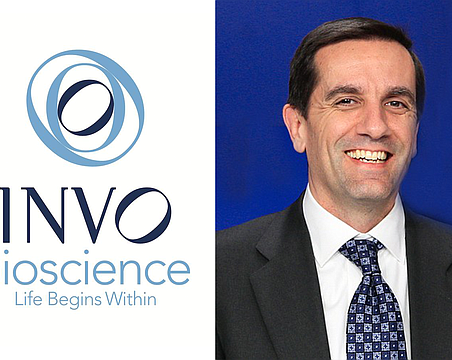New statewide building code rules aimed at shaving energy consumption that go into effect next month are expected to add as much as 10% to the cost of commercial real estate development.
The new rules, which require new buildings to be 19% more energy efficient than existing standards, will apply to all commercial projects applying for a building permit after June 30.
The Florida regulations also mandate that engineers verify that projects with air-conditioning systems in excess of 40 tons are operating as designed, which also will add an expense to future developments.
“The new rules are going to be a lot more stringent,” says Al LaPera, a senior energy performance consultant with TLC Engineering for Architecture, a Tampa-based firm. “And we're finding that a lot of people don't know what the changes are, and they think it's going to be business as usual.”
The pending changes come amid a greater concern that energy production and use could be contributing to climate change and extreme weather globally. They also occur as manufacturers, designers and engineers have maximized efficiency gains in heating and air-conditioning systems, which traditionally have consumed vast amounts of energy and have been ripe for improvements.
As a result, LaPera and others contend architects and developers will have to find other sources of savings — such as window glass, walls and roofing materials.
That will mean full-scale renovations and planned developments throughout the Gulf Coast — such as developer Jeff Vinik's Channelside project in Tampa, an 18-story Embassy Suites hotel in downtown Sarasota and the 22-story Mystique condominium tower in Naples — will have to spend additional money on materials, planning and analysis of energy systems.
“Some developers already are very energy conscious, but for some, this will be a penalty,” he says, adding the changes could add between 5% and 11% to new project development costs overall.
The new rules, like all building code changes, will be enforced by municipal and county building departments throughout Florida.
“It's going to force us to become even more efficient,” said Steve Padgett, a vice president of Fawley Bryant, a Bradenton-based architectural firm. “It's a great concept, but it will definitely add more time and cost up front.”
The rules may also usher in design changes. LaPera notes that all-glass buildings - like the 38-story One Tampa City Center, completed in 1981 - would likely not conform to the pending changes.
Even so, the increased costs can be mitigated with careful planning and other factors.
John Scott, a Colliers International executive, says fully integrating building systems can save energy and costs over time.
Likewise, developer Kevin Daves, the former co-owner of the Ritz-Carlton Sarasota who is working to build a 200-room Marriott hotel in downtown Sarasota, says increased costs can be absorbed through long-term ownership of buildings.
“The numbers right now don't scare me so much because they can be amortized over a number a years,” Daves says. “It depends on what your intentions are as an owner.”
LaPera advocates that developers conduct “energy modeling” with architects and engineers at the inception of projects to avoid costly surprises when construction begins.
He notes, too, that further energy conservation measures are slated to be implemented three years from now, which will mandate new buildings be 50% more efficient energy-wise than their 2004 counterparts.
“They're going to need to start getting experts involved when a project is a sketch on a piece of paper,” LaPera says. “Because it's going to be an integral part of project planning going forward.”






